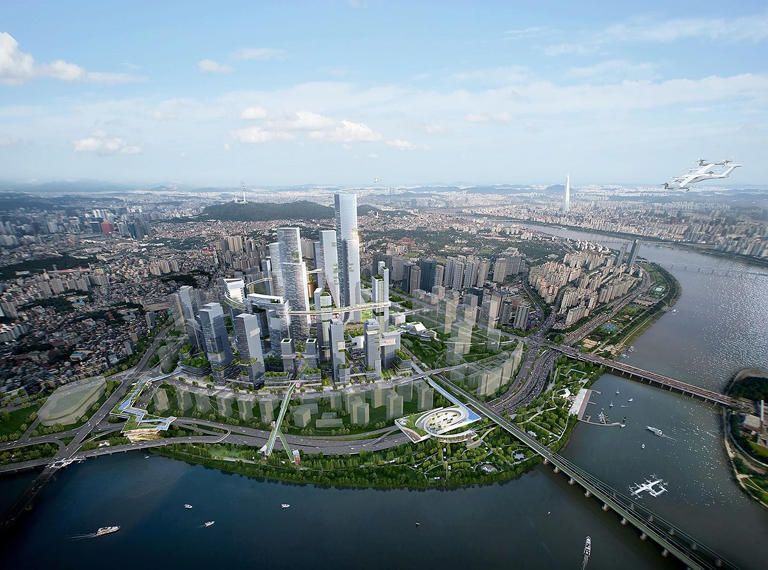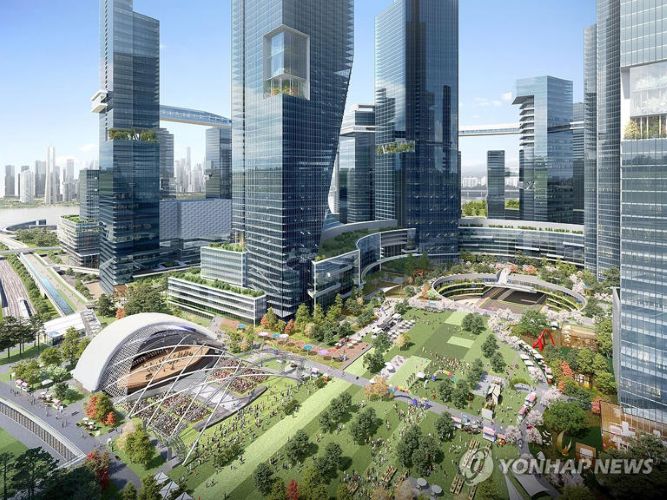Yongsan International Business District Signals Seoul’s Global Urban Transformation
Seoul City aims to make it Asia's top business hub.

By Lee Sang-ki
Former President of Asia Journalist Association, Publisher of The AsiaN
SEOUL: The Yongsan International Business District (IBD) is finally breaking ground, 18 years after the project was first announced. The development aims to transform Yongsan—located at the very center of Seoul—into a global hub for business, culture, and media. Covering roughly 450,000 square meters, it is one of the largest redevelopment projects in Seoul’s modern urban history.
The impact extends far beyond Yongsan. Once the national axis connecting Gwanghwamun–Seoul Station–Yongsan–Hangang Avenue and the pedestrian–green axis linking Namsan–Yongsan Park–IBD are completed, Seoul will gain an integrated megacomplex uniting key city hubs and the Han Riverfront. This “Grand Remodeling” is expected to elevate Seoul’s global competitiveness.
The city will hold a groundbreaking ceremony on November 27, distribute land in the first half of next year, and complete essential infrastructure by late 2028. Private-sector participation will lead to business and residential occupancy beginning in 2030.

The IBD consists of three major zones:
* International Business Zone — Upzoned commercial area, FAR up to 1,700%, skyscrapers up to 100 floors, and global MICE facilities
* Business–Industry Complex Zone — ICT, AI, big data clusters linked to the redevelopment of the Yongsan Electronics District
* Support Zone — International schools, medical services, residential infrastructure, and major green spaces

The Yongsan IBD is regarded as a strategic foundation for elevating Seoul into the world’s top five global cities. Seoul already ranks around sixth in the Global Power City Index (GPCI), and this development marks a critical turning point for building international infrastructure comparable to New York and Tokyo.
In conjunction with the groundbreaking, the city will begin full-scale consultations with companies to foster the area as a hub for global corporate headquarters in the Asia-Pacific region. The city plans to encourage investment from leading companies, working with the government and project developers, with the goal of opening the first global headquarters in the early 2030s.
The city estimates that the development of the International Business District will generate 12,000 jobs annually and generate KRW 3.3 trillion in annual production.
Im Chang-soo, Director of Future Space Planning for the Seoul Metropolitan Government, stated, “Yongsan Seoul Core is a downtown revitalization project that will usher in the next 100 years for Seoul. Beyond simple development, it will create a new urban culture centered on technology, culture, and people, serving as a decisive moment for Seoul to leap forward as one of the world’s top five global cities.”




